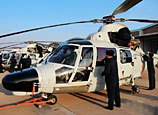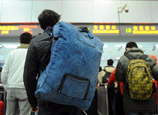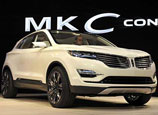
Industry observers said it would be logical for NEVS to make cars in China since the company has always seen the nation as a key market for its future electric products.
The Chinese government has set a target of 500,000 electric and plug-in hybrid vehicles on the road by 2015, which would rise to 5 million by 2020. The ambitious blueprint was used as an important argument when NEVS won the bid for Saab.
"Qingdao is a long-term strategic partner that (can also be) a large customer," CEO and majority owner of NEVS Kai Johan Jiang said in the statement. Though a Swedish citizen, Jiang is a Chinese native and his hometown is in Shandong province where Qingdao is located.
The city is "an ideal place to develop and make premium cars" due to its leading economy in the province, favorable location on China's east coast and its existing auto parts suppliers, the company said.
But analysts are not optimistic about the plan.
Both NEVS and the Qingdao investment company have no license to produce vehicles and the project needs approval from the National Development and Reform Commission, they said, noting that China's regulators have become stricter in approving new projects because they want consolidation in the nation's fragmented automotive industry.
"There is always a risk of failure before the government offers final approval," said Jia Xinguang, an independent auto analyst based in Beijing.


















 Extinction of river dolphin: What does it mean for the Yangtze River?
Extinction of river dolphin: What does it mean for the Yangtze River?


![]()
